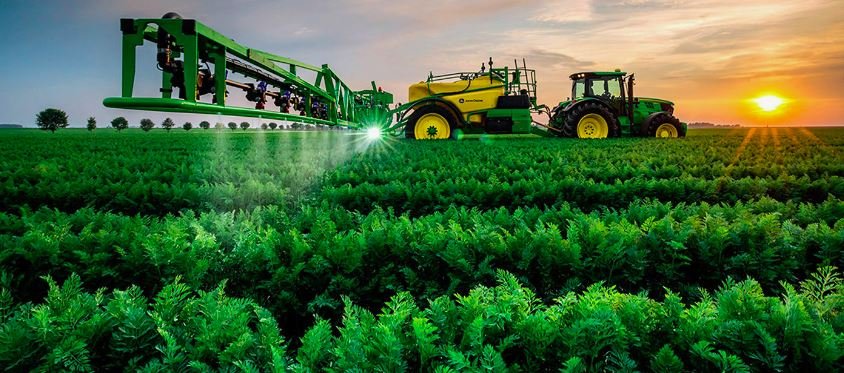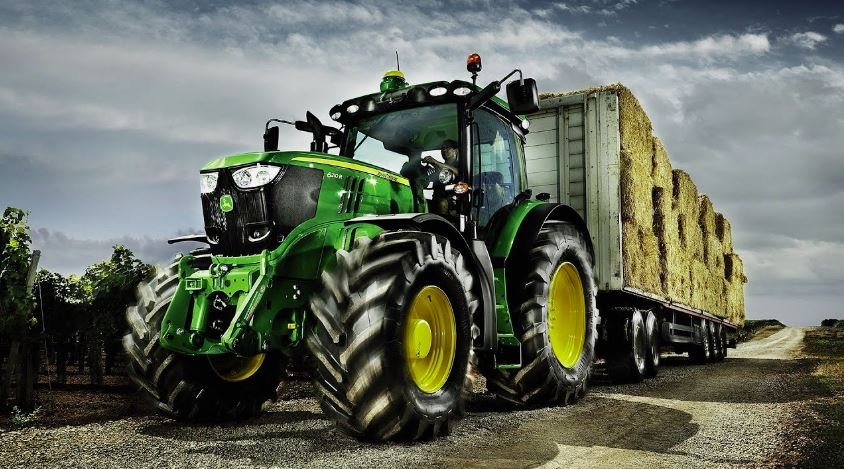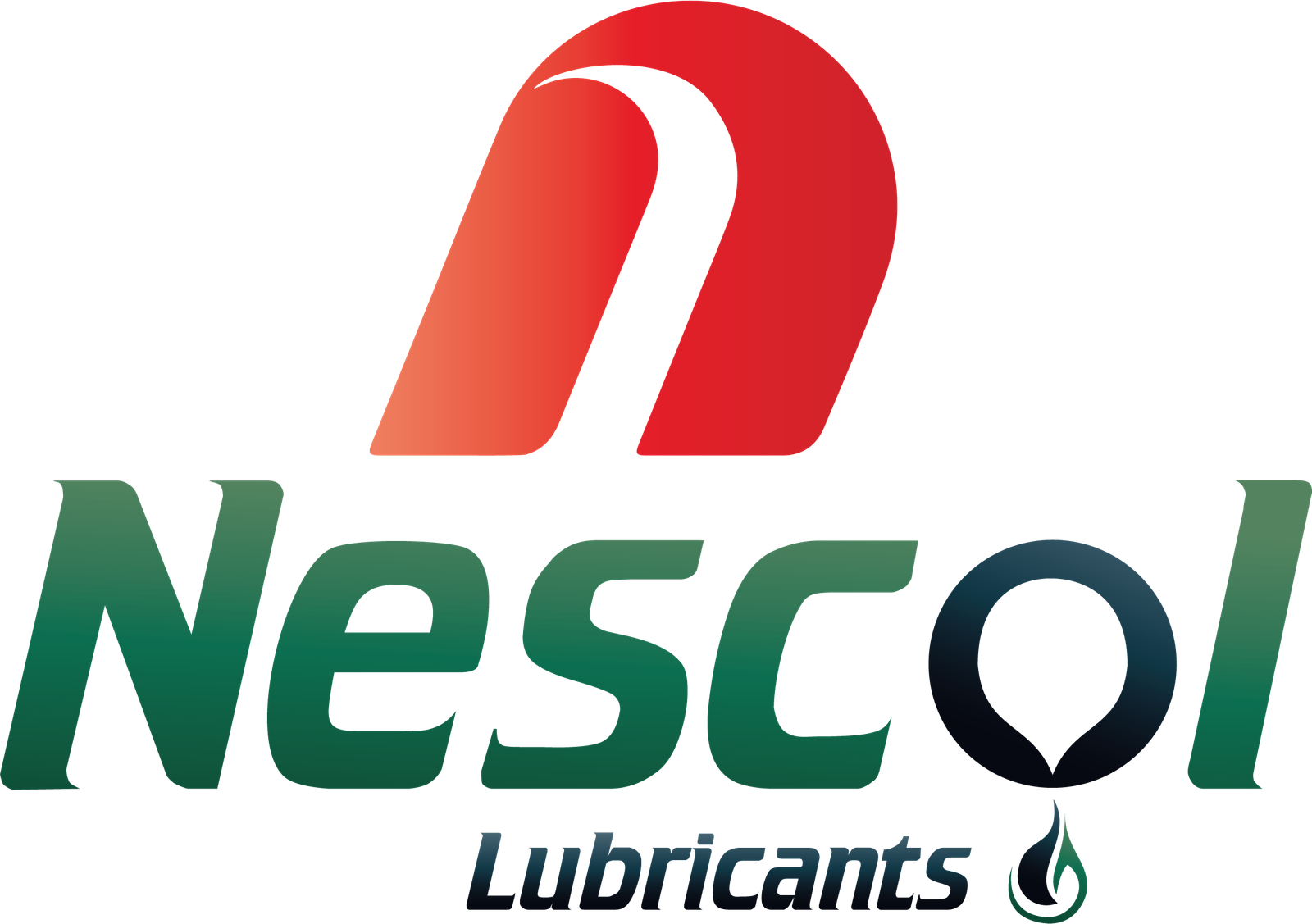Let’s Start Work
Together
Please feel free to contact us. We will get back to you with 1-2 business days. Or just call us now.
Nescol Agricultural Oil: Smooth Operation of Agricultural Machinery and Tractors

Nescol Agricultural oil, also known as hydraulic fluid or transmission fluid, is a specialized lubricant designed to cater to the unique requirements of agricultural machinery and tractors. These machines are subjected to harsh working conditions, including exposure to extreme temperatures, heavy loads, and contaminants like dirt and moisture. Agriculture oil is engineered to withstand these challenges and protect the machinery’s moving parts, ensuring smooth operation and extended lifespan.
Nescol Agriculture Oil Types
- Hydraulic Oil: This type of oil is specifically formulated for hydraulic systems found in tractors and other agricultural machinery. It ensures smooth operation by lubricating and cooling the components, preventing wear and tear, and minimizing friction.
- Transmission Oil: Agricultural transmission systems require specialized oil to handle the high torque and stress experienced during operation. Transmission oil not only lubricates the gears and bearings but also protects against rust and corrosion.
- Engine Oil: Agricultural engines require oil that can withstand high temperatures, pressures, and the presence of contaminants. Engine oil not only lubricates the engine components but also helps in cooling, cleaning, and preventing wear and tear.
- Grease: Grease is a semi-fluid lubricant used in various applications, such as wheel bearings, steering systems, and other pivot points. It provides long-lasting lubrication and protection against rust and corrosion.
Automotive Oils Products

Garden Oil
What is Nescol Garden Oil?

Harvest Oil
Nescol Harvest Oil Types

Nescol STOU Oil
Applications of Nescol STOU
Maintenance and Monitoring of Agriculture Oil For Farming Equipment Oil
Routine inspections of your machinery’s oil levels, filters, and overall condition can help identify potential issues early on. This allows for timely maintenance and prevents costly repairs or replacements.
Regular oil changes are vital for maintaining the performance and longevity of your machinery. Follow the manufacturer’s recommended oil change intervals and consider factors such as operating conditions and the oil’s condition when determining the appropriate time for a change.
Keep an eye on the oil’s appearance, smell, and consistency. If it appears discolored, has a burnt smell, or is too thick or thin, it may be time to change the oil or consult a professional for advice.
Ensure that used agriculture oil is disposed of responsibly to avoid environmental contamination. Consult local waste management facilities or recycling centers for guidance on proper disposal methods.
Nescol Agriculture Oil Benefits For Farming Equipment Engine Oil
- Enhanced Performance: Nescol agriculture lubricants ensures that the moving parts of agricultural machinery and tractors operate smoothly, reducing friction, and minimizing wear and tear. This results in improved performance, efficiency, and productivity.
- Extended Equipment Lifespan: By protecting the machinery's components from wear and tear, agriculture oil contributes to extending the lifespan of the equipment. This translates to reduced maintenance costs and a higher return on investment for farmers.
- Improved Fuel Efficiency: Well-lubricated machinery operates more efficiently, reducing energy consumption and improving fuel efficiency. This is particularly beneficial for farmers who rely on fuel-guzzling machinery for their operations.
- Enhanced Safety: Agricultural oils plays a crucial role in preventing overheating, reducing the risk of equipment failure, and ensuring that machinery operates smoothly. This contributes to a safer working environment for farmers and their teams.
Factors to Consider When Choosing Agriculture Oil for agricultural Machinery oil
Conclusion and Future Outlook
Nescol agricultural lubricants oil is an indispensable component in the effective functioning of agricultural machinery and tractors. By selecting the appropriate type of oil, considering factors such as manufacturer recommendations, operating conditions, viscosity, and additives, and implementing proper maintenance and monitoring practices, farmers can ensure their machinery operates at peak performance while maximizing its lifespan and minimizing costs.
FAQs
High temperatures can cause oil to break down, reducing its effectiveness in lubricating and protecting machinery components. Choose an oil with a high temperature rating suitable for your operating conditions.
